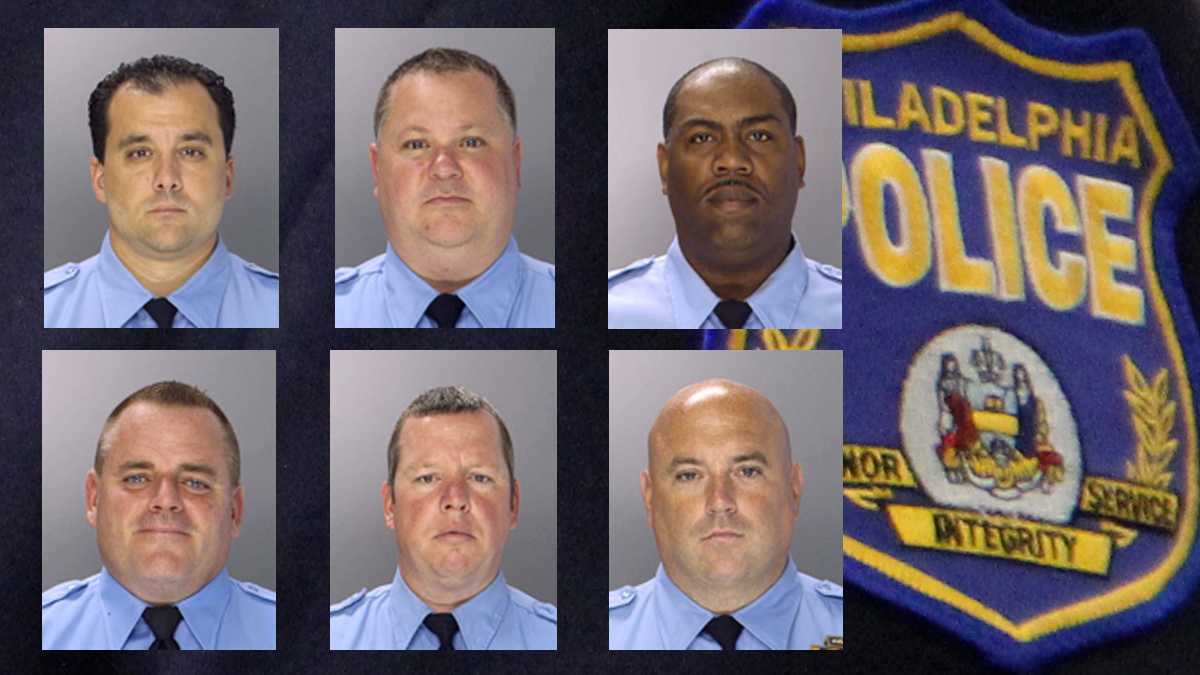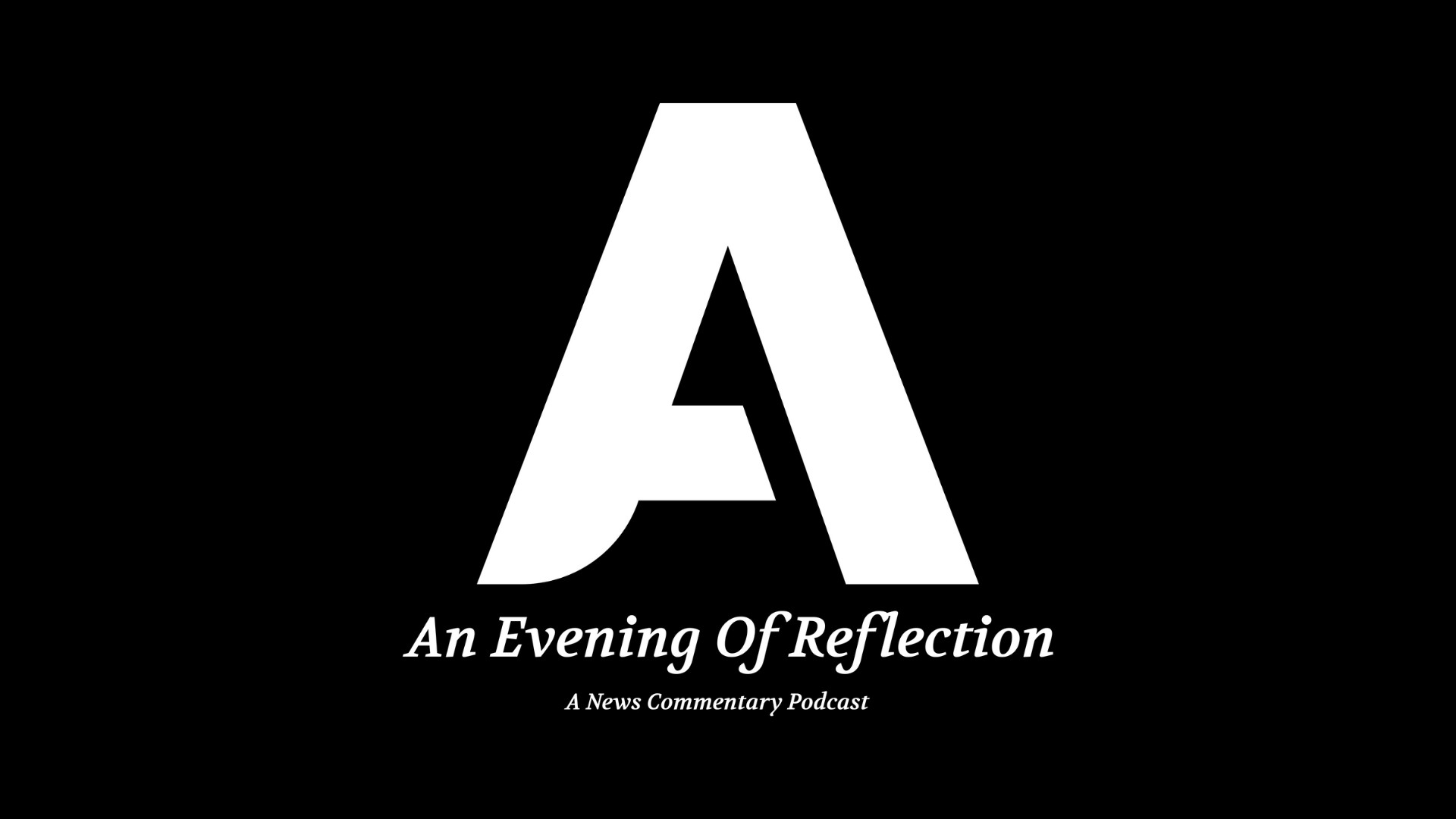Corrupt Cop: Ex-Allentown Officer Faces Theft Charges
A former Allentown police officer, Jason Krasley, is at the center of controversy after being charged with multiple crimes, including theft by unlawful taking, receiving stolen property, and tampering with evidence. The charges stem from a 2019 drug trafficking investigation where Krasley allegedly stole over $5,000 in cash during a search warrant operation at a Hamilton Street barbershop in Allentown, Pennsylvania. The missing money was uncovered during an investigation that involved a grand jury, leading to Krasley’s arrest in 2024. This case sheds light on the troubling issue of corruption within law enforcement.

Krasley’s alleged actions have drawn widespread criticism, as they reflect a betrayal of public trust and the ethical responsibilities of a police officer. The Lehigh County District Attorney, Gavin Holihan, emphasized the seriousness of the allegations against the corrupt cop, ensuring that the case is pursued thoroughly. Krasley has since surrendered to authorities, posted bail, and is awaiting his preliminary hearing. His case has become a flashpoint in discussions about accountability and integrity in policing, with community members expressing disappointment and concern over such misconduct.

The scandal has reignited debates over how to address instances of corruption within law enforcement. The Allentown Police Department, cooperating fully with the investigation, has reaffirmed its commitment to maintaining the highest standards of professionalism. However, incidents like this underscore the need for systemic reforms to prevent future cases of “corrupt cops” and rebuild public confidence in the justice system. As the legal proceedings against Krasley unfold, the community is closely monitoring the case to ensure that justice is served.

Here’s The Article – https://www.cbsnews.com/philadelphia/news/jason-krasley-allentown-police-theft-cash/
Additional Source – https://www.nbcphiladelphia.com/news/local/former-allentown-police-officer-accused-of-stealing-drug-money-following-search-of-barbershop/4030101/
Supporting Source – https://www.tiogapublishing.com/news/state/da-former-allentown-police-officer-charged-with-stealing-money-from-suspect/article_509b68f9-75bd-5db6-ad6e-8b7f1816a700.html
Police Corruption Unveiled: 7 Infamous Scandals
The Rampart Division of the Los Angeles Police Department became one of the largest police corruption cases in U.S. history. The scandal centered around the Community Resources Against Street Hoodlums (CRASH) anti-gang unit, where officers engaged in serious misconduct. They were implicated in framing suspects, planting evidence, perjury, drug dealing, and theft. Over 70 officers were implicated, and the repercussions were immense. Dozens of convictions were overturned, costing the city over $125 million in settlements. Officer Rafael Pérez’s testimony played a pivotal role in uncovering the scandal, revealing practices like falsifying reports and using excessive force. The case exposed systemic corruption, prompting significant reforms in LAPD practices and oversight.

Frank Serpico, an NYPD officer, bravely blew the whistle on rampant corruption in the department. He exposed officers who accepted bribes to ignore illegal activities such as gambling and drug trafficking. Despite resistance and threats from his colleagues, Serpico testified before the Knapp Commission in 1971, which was established to investigate police corruption. His testimony revealed a culture of silence and complicity within the NYPD, where honest officers faced retaliation. The case became widely known due to the 1973 film Serpico starring Al Pacino. Serpico’s bravery not only shed light on corruption but also spurred changes in police oversight and accountability.

The Baltimore Police Department’s Gun Trace Task Force (GTTF) became notorious for its criminal activities. Officers in the unit were found guilty of robbing drug dealers, stealing large sums of money, planting evidence, and falsifying overtime hours. The scandal revealed how some officers viewed their positions as opportunities for personal gain rather than public service. In one case, officers broke into homes to steal drugs and cash, reselling narcotics for profit. Eight officers were convicted, and the fallout included overturned convictions for dozens of cases they were involved in. The scandal highlighted a systemic failure in departmental oversight and intensified calls for police reform in Baltimore.

Jon Burge, a commander in the Chicago Police Department, led a group of officers who engaged in the torture of over 100 Black men to extract false confessions. Victims reported being subjected to beatings, electric shocks, mock executions, and other brutal methods. The torture cases were kept hidden for years until investigations and lawsuits brought them to light. Burge was fired in 1993 but wasn’t prosecuted for torture due to the statute of limitations. However, he was later convicted of perjury and obstruction of justice for lying about the abuse. The city of Chicago paid over $100 million in settlements, and the scandal led to the establishment of a reparations program for victims.
%2Fcdn.vox-cdn.com%2Fuploads%2Fchorus_asset%2Ffile%2F16157040%2Fburge_cst_0810_22235169_e1551828033373.jpg)
In the aftermath of Hurricane Katrina, the New Orleans Police Department faced one of its darkest moments. On September 4, 2005, officers opened fire on unarmed civilians crossing the Danziger Bridge, killing two people and injuring four others. The victims included Ronald Madison, a mentally disabled man, and James Brissette, a teenager. To cover up their actions, officers fabricated reports, planted a gun, and falsely claimed they were under fire. The case eventually led to federal convictions for multiple officers. The incident highlighted issues of police misconduct during crises and the lengths to which some officers would go to avoid accountability.

Several members of the Philadelphia Police Department’s narcotics unit were implicated in a series of crimes, including robbing drug dealers, planting evidence, and physical assault. One officer was accused of dangling a suspect off a balcony to extract information. The scandal led to the dismissal of hundreds of criminal cases involving the officers and a major public outcry. Over $4 million was paid in settlements to victims of their misconduct. The incident underscored the dangers of unchecked power in specialized units and the necessity of external oversight.

Four officers, known as the “Oakland Riders,” were accused of brutality, planting evidence, and falsifying reports to frame suspects, primarily targeting minority communities. Their actions were uncovered when a rookie officer reported their misconduct. The case prompted a $10.9 million settlement with victims and led to federal oversight of the Oakland Police Department. Despite charges against the officers, only one was convicted, and that conviction was later overturned. The Riders scandal remains a stark example of how a lack of accountability can foster a culture of abuse within law enforcement.


